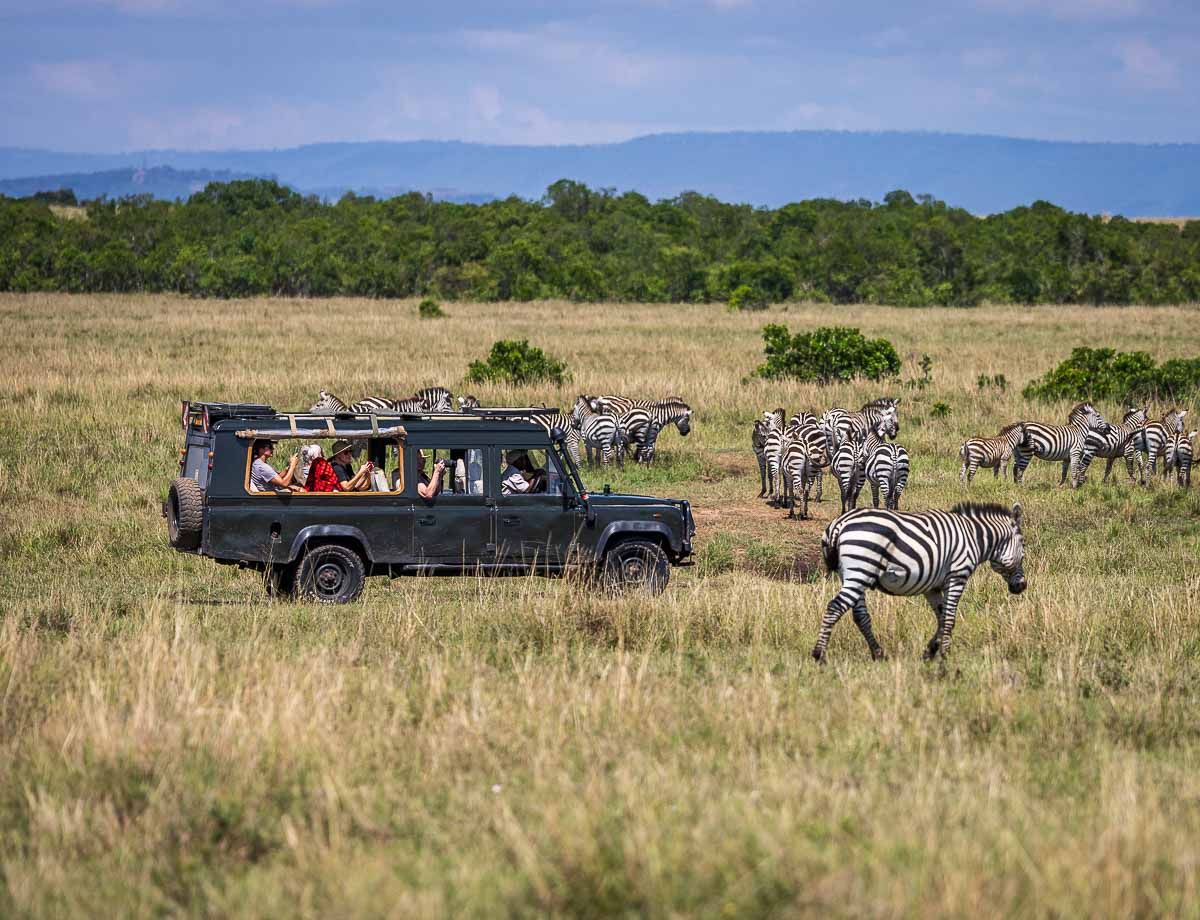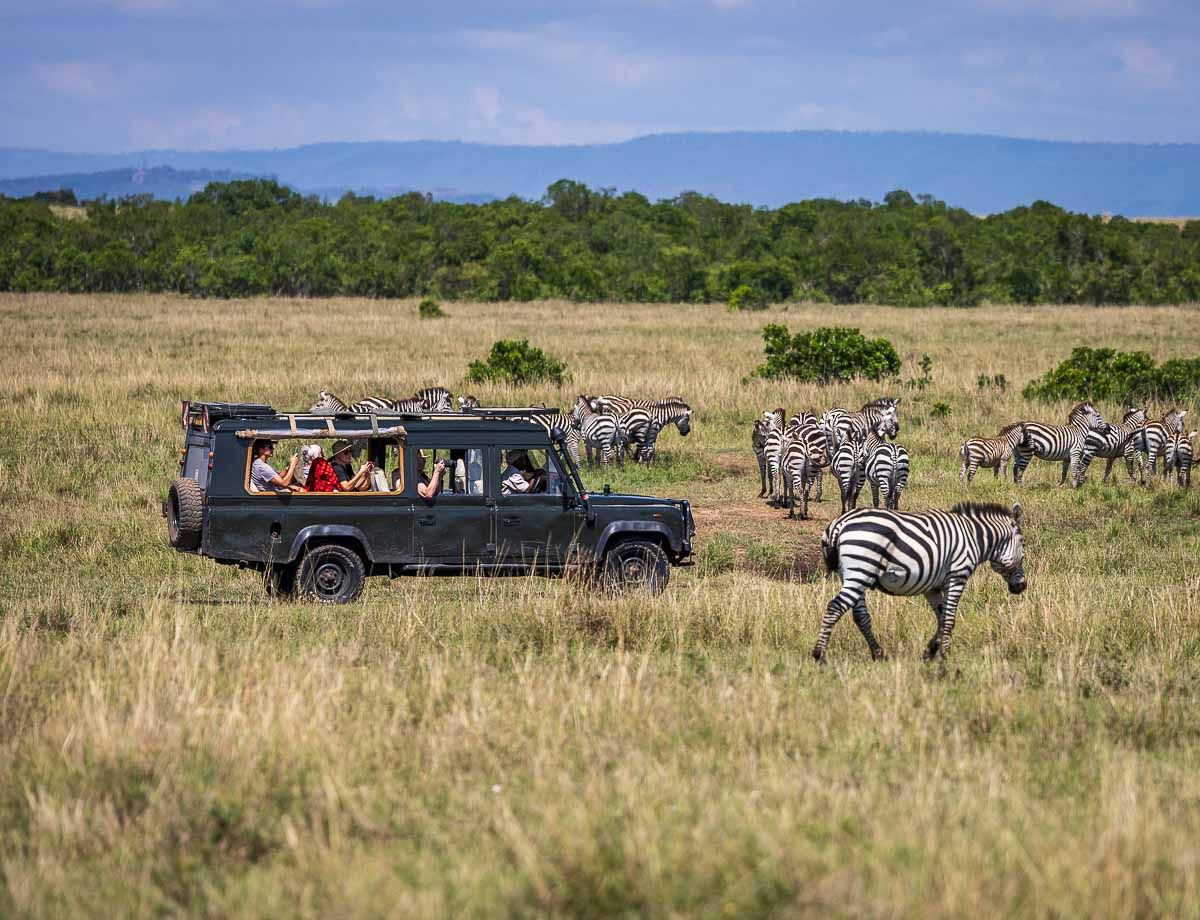A private safari tour is more than just a holiday it’s a way to experience nature in a personal and meaningful setting. Unlike standard group tours that follow rigid schedules, private safaris allow individuals, families, or small groups to explore wildlife reserves and landscapes at their own pace. These experiences often come with dedicated guides, flexible routes, and exclusive access to certain wildlife areas.
The concept originally developed as a response to crowded tourism. Instead of being one vehicle among dozens at a sighting, travelers sought closer connections with nature and culture. Over time, regions such as Africa, India, and Asia shaped private safaris into experiences that blend conservation, eco-tourism, and cultural learning. Today, travelers choose them not only for adventure but also for discovery, education, and unforgettable encounters with ecosystems.
Importance
Private safari tours stand out because they bring together three essential elements: conservation, cultural awareness, and education. At a time when mass tourism often strains fragile environments, private safaris offer a more sustainable and enriching approach.
They are especially valuable for:
-
Wildlife lovers who want rare, close-up sightings.
-
Families and small groups looking for personalized activities.
-
Students and researchers seeking practical knowledge in the field.
-
Travelers of all kinds who want to connect with both nature and local culture.
These tours also address key challenges:
-
Preventing overcrowding in popular national parks.
-
Moving beyond superficial sightseeing to deeper learning.
-
Building cultural connections often missing in mainstream tourism.
For many people, private safaris strike the right balance between adventure, respect for nature, and meaningful engagement.
Recent Updates
The private safari industry has been evolving quickly in the last couple of years. Some of the most notable developments include:
-
Sustainability efforts (2024–2025): Operators are adopting electric safari vehicles, solar-powered camps, and reducing single-use plastics.
-
Technology integration (2024): From GPS tracking of animals to AI-driven wildlife monitoring, digital tools are making safaris more interactive and educational.
-
Rising demand (2023–2024): Reports show an 18% increase in interest for private or small-group safaris, reflecting a shift toward personalized travel.
-
Conservation partnerships: In Kenya (2024) and India (2025), new collaborations between safari operators and wildlife foundations have linked tourism directly to habitat restoration.
These changes suggest that private safaris are moving away from being purely luxury experiences and becoming more eco-conscious, education-driven journeys.
Laws and Policies
Private safaris don’t exist in isolation they are shaped by the laws and policies of each country. Regulations help protect wildlife while ensuring tourism remains sustainable.
-
Kenya & Tanzania: Park authorities limit the number of vehicles allowed in specific zones. Strict rules on off-road driving protect fragile ecosystems.
-
India: Popular reserves like Ranthambore and Bandhavgarh cap the number of daily safari permits. A digital booking system ensures fair access.
-
South Africa: Private game reserves operate under national conservation laws, balancing tourism with long-term wildlife protection.
-
Botswana: A “low-volume, high-value” model keeps visitor numbers low to protect delicate environments.
Knowing these rules is important for anyone planning a private safari, as they directly affect how and where tours can take place.
Tools and Resources
Planning or learning about private safaris is easier today thanks to a wide range of tools and resources:
-
Wildlife Tracking Apps – MammalMap and iNaturalist let users log sightings and learn about species.
-
Conservation Websites – World Wildlife Fund (WWF) and African Parks publish guides and educational content.
-
Government Portals – Authorities like Kenya Wildlife Service and India’s NTCA provide official park rules and permit details.
-
Guidebooks – Titles such as Wildlife of East Africa and Indian Mammals: A Field Guide are great references.
-
Mapping Platforms – Tools like Google Earth and GIS-based maps help travelers explore landscapes before visiting.
Using these resources helps travelers prepare, understand ecosystems, and gain more from their safari experience.
Comparison of Safari Types
| Type of Safari | Focus Area | Experience Level | Example Regions |
|---|---|---|---|
| Wildlife Photography | Animal behavior & habitats | Intermediate | Kenya, India |
| Walking Safari | Ecosystem learning | Beginner–Advanced | Zambia, South Africa |
| Cultural Safari | Local traditions & tribes | Beginner | Tanzania, Namibia |
| Birdwatching Safari | Ornithology focus | Intermediate | Uganda, India |
| Eco-Conservation Safari | Sustainability & education | Advanced | Botswana, Kenya |
FAQs
What makes a private safari different from a group safari?
Private safaris are tailored to small groups, offering flexible schedules and personal guides. Group safaris, by contrast, follow fixed routes with larger numbers of travelers.
Are private safaris only for luxury travelers?
Not anymore. While they once catered mainly to high-end tourism, today they also focus on eco-tourism, education, and conservation.
Which countries are best known for private safaris?
Kenya, Tanzania, South Africa, Botswana, Namibia, and India are among the most popular, each with unique wildlife and landscapes.
Do private safaris support conservation?
Yes. Entrance fees, partnerships with NGOs, and eco-friendly policies often contribute directly to protecting habitats and species.
What should travelers consider before going on a safari?
Research the region, learn about local rules, use available resources, and look for eco-friendly operators.
Conclusion
Private safari tours reflect a growing desire to connect with nature in meaningful ways. They are not only about seeing wildlife but also about understanding ecosystems, respecting local cultures, and supporting conservation.
Recent updates show a shift toward sustainability, with stricter policies ensuring that tourism benefits both people and the environment. With the right preparation and resources, travelers can enjoy a safari that is educational, respectful, and deeply rewarding.
Whether for research, adventure, or personal discovery, private safaris open the door to learning and exploring the natural world in a way that goes far beyond traditional tourism.

